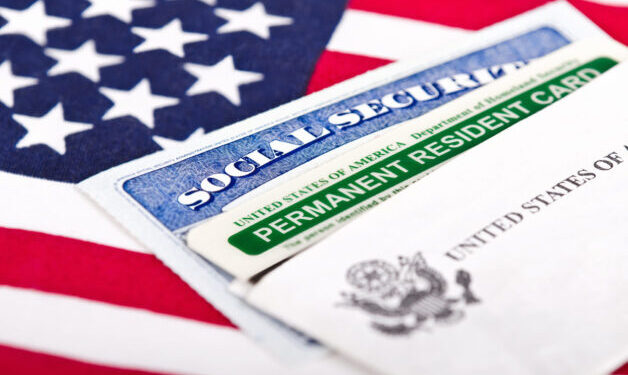
July 7th, 2025
Posted on November 3rd, 2025 in Cross-border Tax

The liability for US tax is based on both citizenship and residence. Therefore, as a US citizen, you must file annual US income tax returns regardless of where you live. The deadline for filing a US return is April 15th of the following year. However, there is an automatic extension until June 15th if you are a resident outside the US. Alternatively, you can also file a 6-month extension request, which would mean your US return would be due on October 15th.
Failure to file the annual US return and all related forms (noted below) can result in serious financial penalties.
Registered Education Savings Plan (RESP)
Tax-Free Savings Accounts (TFSA)
Canadian Mutual Funds, ETFs & REITs
Foreign Financial Assets
Foreign corporations
US Treasury Reporting
If you have not filed US returns, action should be taken immediately. The IRS has set up a voluntary disclosure program called the Streamlined Filing Compliance Procedure. Under this program, if the taxpayer qualifies, they can file the three previous US returns and 6 previous FinCEN reports to get caught up without penalties.
US citizens and long-term green card holders are subject to the US estate tax regime. Unlike the Canadian tax system which taxes accrued gains upon death, the US estate tax regime is a wealth tax based on the value of the deceased’s estate. For 2025, every US citizen receives an exemption of $13,990,000 (indexed annually). For estate’s exceeding $13,990,000 the excess will be taxed at the highest estate tax rate of 40%. US citizens living in Canada that have wealth in excess of the exemption should consider estate and tax planning strategies to minimize their US estate tax exposure.
Drop us a line, we look forward to hearing from you.